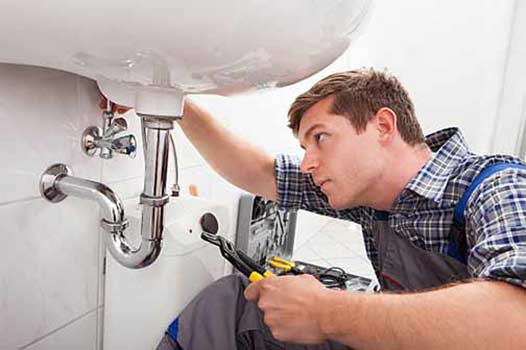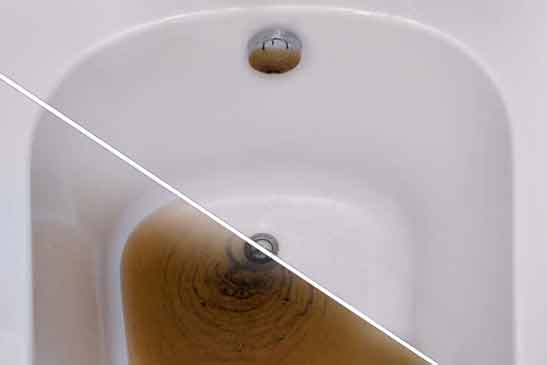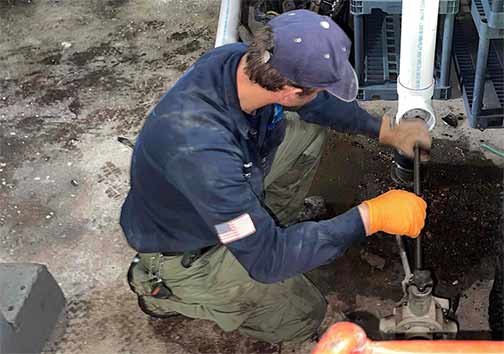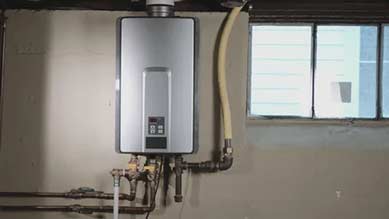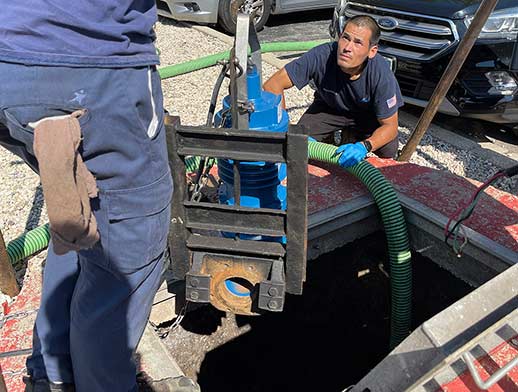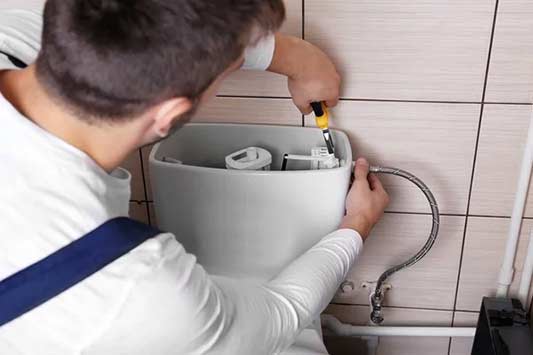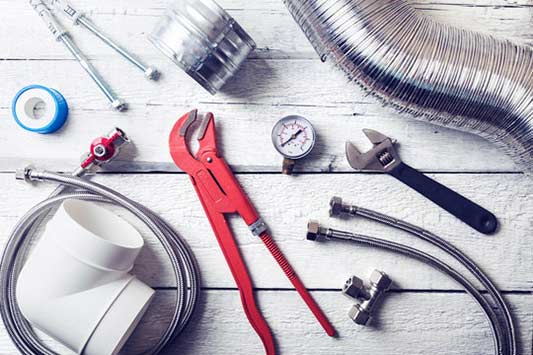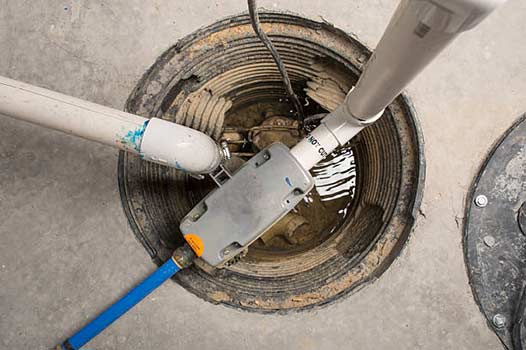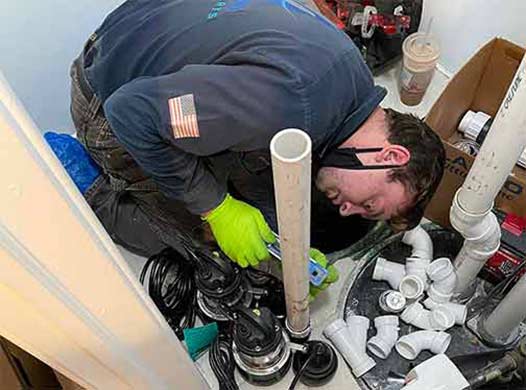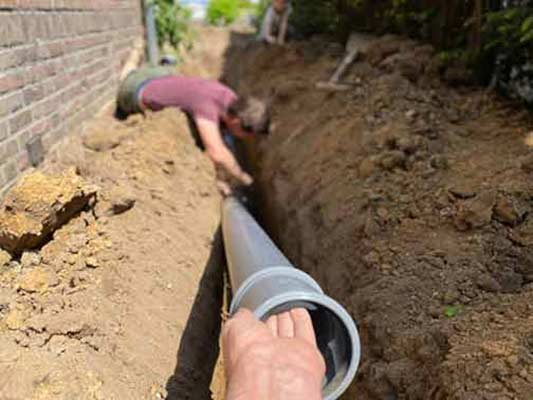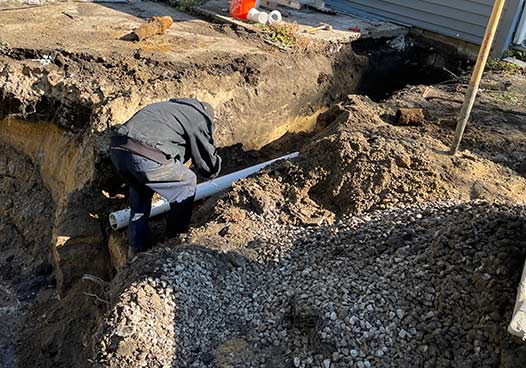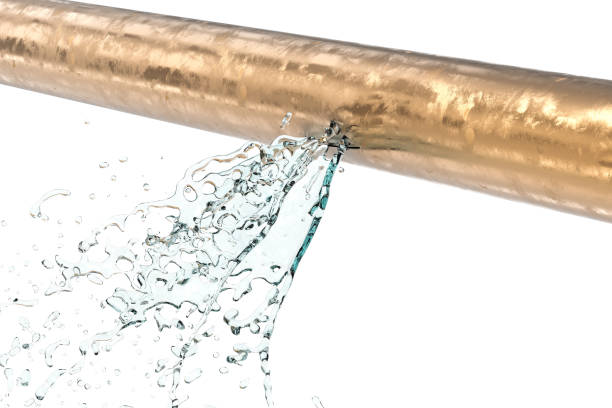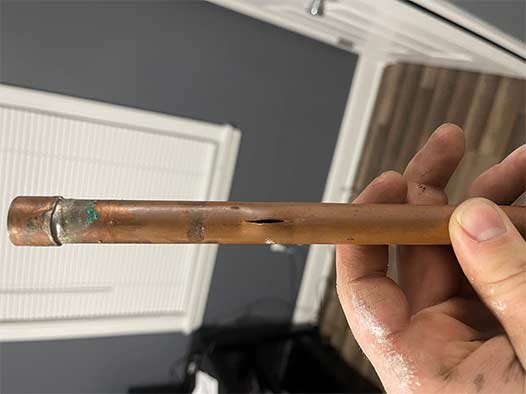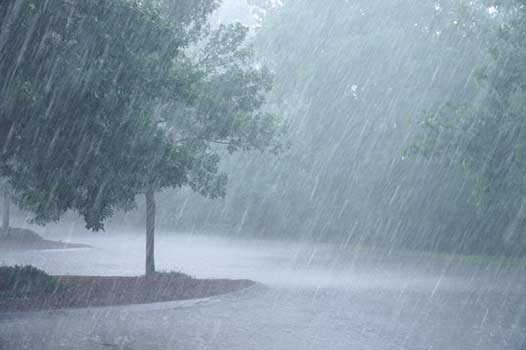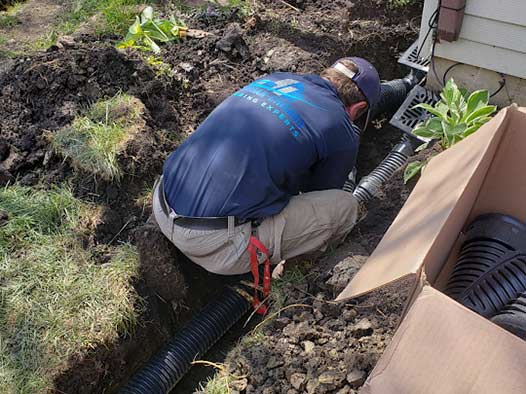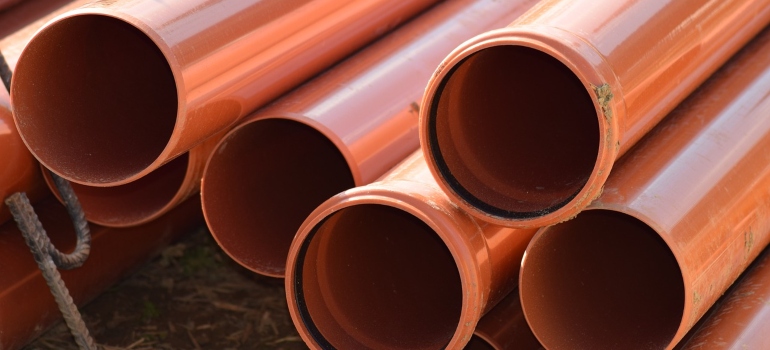
Choosing the right sewer line replacement service in Chicago can be a daunting task, but it’s a crucial decision for any homeowner or property owner. Your sewer line is a vital component of your property’s infrastructure, and when it needs replacement, you want it done right the first time. With the city’s aging infrastructure, sewer line replacements are not uncommon. Whether you live in the historic neighborhoods of Lincoln Park or the hot bed of the Chicago Loop, a reliable sewer line replacement service is essential. Below we’ll walk you through the key factors to consider when selecting a professional service to tackle your sewer line replacement project.
What to Consider When Choosing a Sewer Line Replacement Service
When facing the need for a sewer line replacement in Chicago, it’s essential to make a well-informed choice to ensure a successful and hassle-free project. Here’s a breakdown of what you should consider:
- Reputation Matters: Look for companies with a strong reputation in the local community. Seek out reviews and testimonials, and ask for referrals from neighbors or friends who have had similar work done.
- Experience Counts: Experience is invaluable when it comes to sewer line replacement. Find out how long the company has been in business and inquire about its track record.
- Expertise in Sewer Line Replacement: Verify that the plumbers specializes in sewer line replacement. They should have a dedicated team of experts who understand the intricacies of sewer systems.
- Local Knowledge: Chicago’s sewer system can be unique, with older properties and complex underground layouts. Hiring a service familiar with the city’s specific sewer challenges can make a significant difference in the success of your project.
- Transparent Pricing: Don’t leave anything to chance regarding costs. Request clear, itemized quotes from potential service providers. This transparency ensures you know exactly what you’re paying for and helps you avoid unexpected expenses down the road.
Taking these detailed factors into account will help you choose the right sewer line replacement service in Chicago and give you confidence that your project will be handled with expertise and professionalism. Your sewer line’s health is paramount, and making an informed decision is your key to a trouble-free replacement.
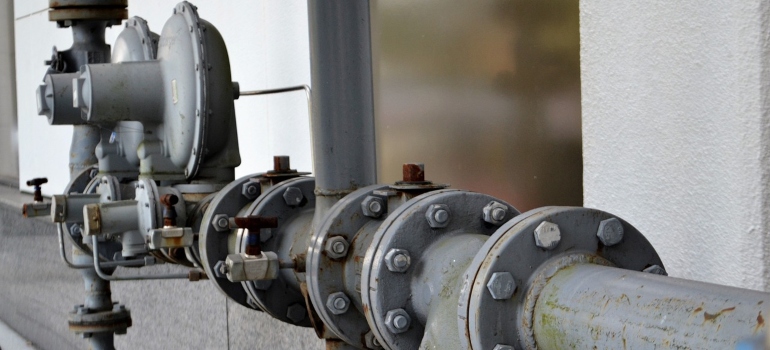
Finding the right sewer line replacement service in Chicago should be well-planned.
Finding Trustworthy Sewer Line Replacement Services in Chicago
Hearing about others’ satisfaction can guide you in the right direction. When it comes to locating a dependable sewer line replacement service in Chicago, we understand that trust is paramount. Begin by tapping into your local network—friends, neighbors, or online communities can offer valuable recommendations based on their firsthand experiences.
Online reviews on platforms like Yelp and Google Reviews provide a window into a company’s reputation. Look for consistently positive feedback and how they address any negative comments, giving you insight into their customer relations. Request references from potential service providers. Speaking directly with their previous clients can provide real-world feedback that bolsters your confidence in their trustworthiness.
Also, you should verify the service’s licensing and insurance credentials. This is essential for your peace of mind and a testament to their commitment to professionalism and accountability. Lastly, explore their website. A professionally presented website often reflects a reputable company. Seek out information about their plumbing services, team, and past projects.
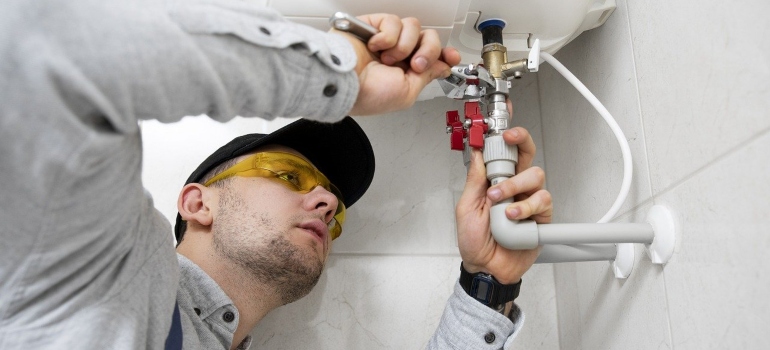
Hiring professionals is an essential step in this kind of repair.
Assessing Experience and Expertise
When it comes to ensuring a successful sewer line replacement in Chicago, experience and expertise are your trusted allies. Choose a service with a proven track record of handling common plumbing problems in Chicago. Seasoned professionals are adept at navigating the unique challenges that may arise, ensuring a smoother process.
Specialization in sewer line replacement is key. Even though you might think your skills and knowledge might be enough to fix it yourself, we strongly suggest you hire a professional. A company focusing primarily on this type of work possesses the specialized knowledge and skills necessary for efficient and effective solutions. One of the important pieces of advice Number 1 Movers Canada gave to their customers is that repairs like this one simply require a pair of well-experienced hands. By prioritizing experience and expertise in your selection, you’re setting yourself up for a sewer line replacement that’s hassle-free and tailored to the city’s specific challenges.
Cost Considerations for Sewer Line Replacement
Before diving into any project, it’s essential to have a well-defined budget in mind. Consider how much you’re willing to invest in your sewer line replacement, and be realistic about your financial capabilities. In Chicago, sewer line replacement services typically follow one of two pricing models: flat-rate or per-linear-foot pricing. Understanding these models and their implications on your final bill is crucial. Ask potential services which model they use.
On average, sewer line replacement in Chicago can cost anywhere from $7,000 to $12,000 or more, depending on various factors such as the extent of the damage, the length of the sewer line, and the materials used. Knowing these ballpark figures can help you gauge if a quote is reasonable. When requesting quotes, be specific about your project’s details. This includes the size of your property, the location of the sewer line, and any known issues. The more information you provide, the more accurate your quotes will be.
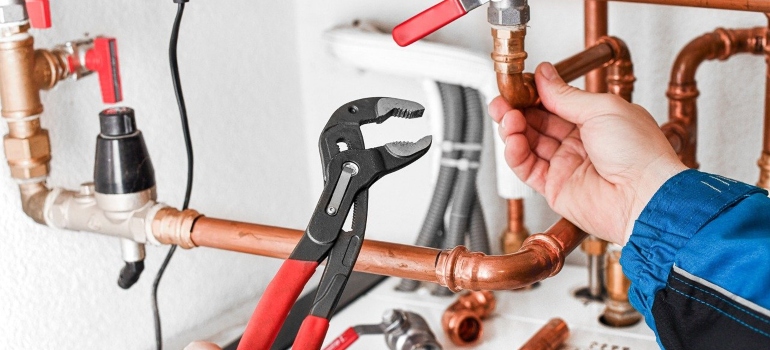
Plan your repair carefully and according to your budget.
In Conclusion
In a city where history meets innovation, your choice of a sewer line replacement service in Chicago is more than just a decision – it’s an investment in the longevity of your property. By applying the insights from this guide, you’ll be equipped to make an informed decision that aligns with your needs and budget. Don’t leave your sewer line replacement to chance. Choose a service that can handle the challenges of Chicago and keep your property’s infrastructure intact. Remember, when it comes to sewer line replacement in Chicago, the right choice today can save you headaches tomorrow!

